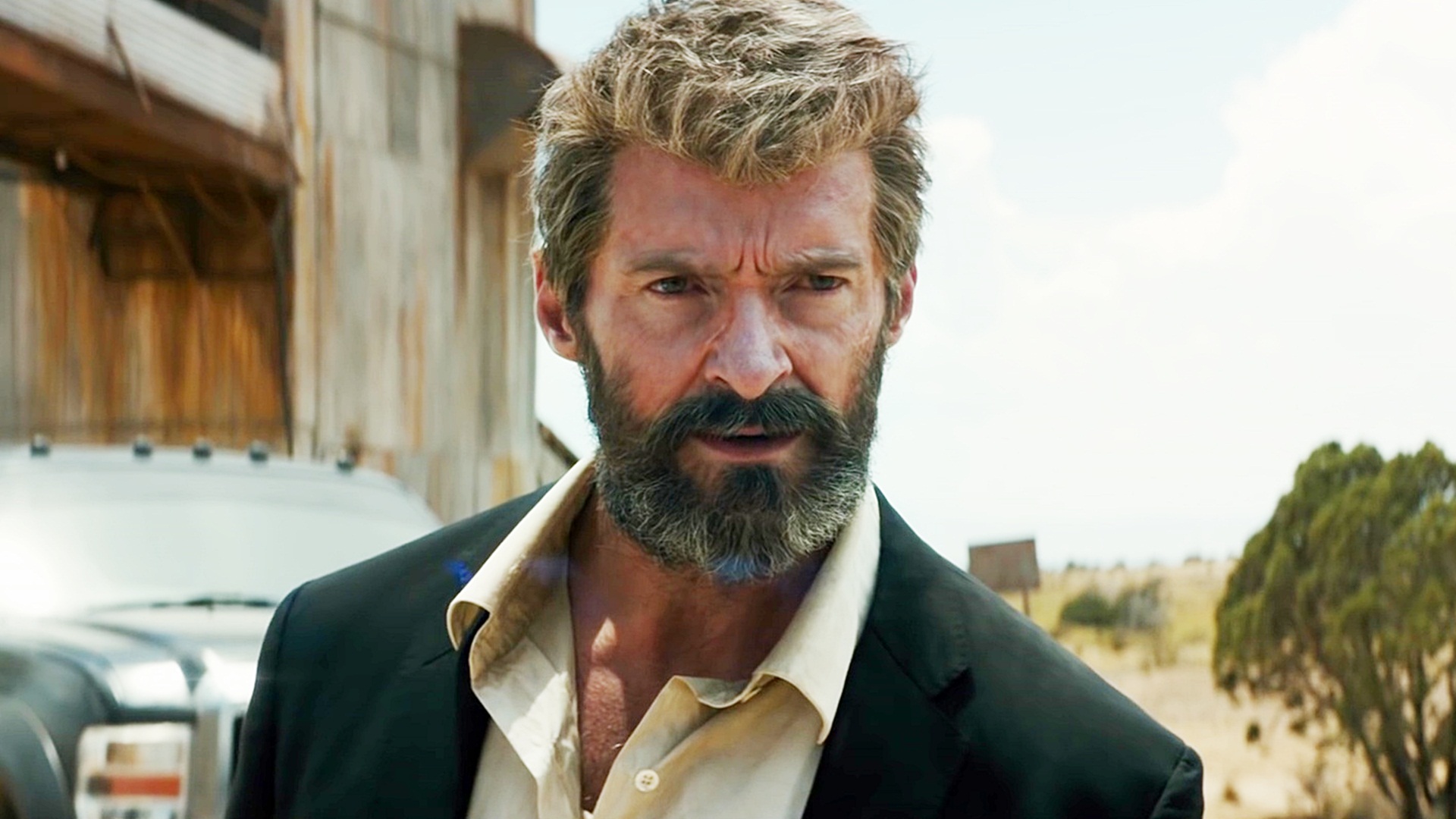
Every year is an exciting one for the film fan since it brings the promise of a slate of new movies to enjoy, hate, critique and analyze. And while ripping apart a film is often good sport, the joy of watching a new film that surpasses expectations is really what keeps bringing the cinephile back to the theater.
Although we’re just halfway through 2017, a number of excellent films have been released across the globe that are worthy of praise: genre-subverting horror films, well-observed period pieces, action-packed blockbusters, sentimental dramas, and singular documentaries lead the way for the best of 2017 so far.
Although this list has been put together just before the release of eagerly anticipated summer blockbuster films and long before Oscar season, this year has already provided audiences with a number of brilliant films that cinema fans should celebrate–or at the very least seek out.
10. It Comes At Night
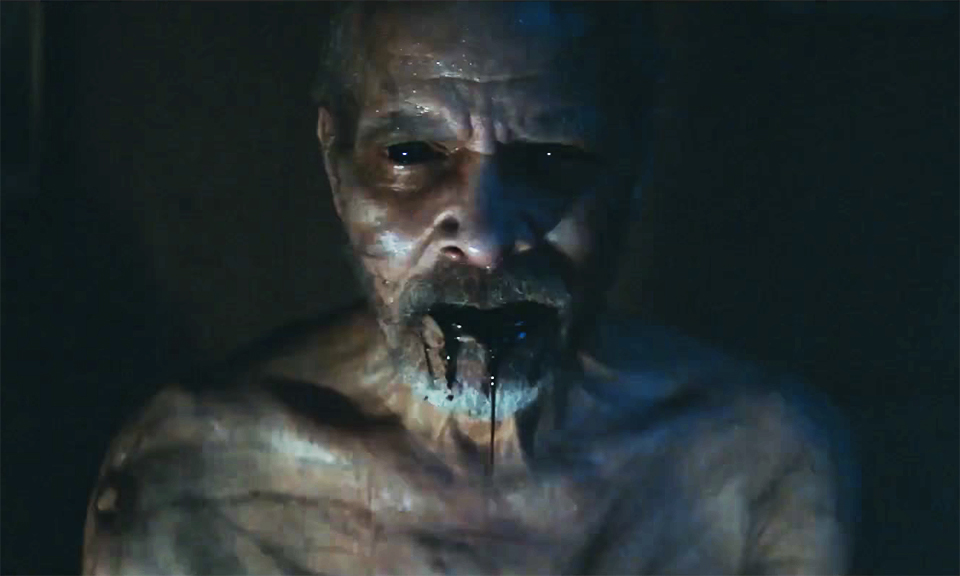
Encroaching darkness seems to be the ever-present theme of It Comes At Night, set in a world where some sort of mysterious plague is quickly wiping out the population of the world and a family has escaped into the forest in an attempt to avoid it. But as this film shows, nobody can hide away from the encroaching darkness forever.
While Paul, his wife Sarah, and son Travis try to outlast the mostly unseen plague, they are visited one night by Will, who asks if he and his family can join Paul’s to survive. While initially hesitant, the other family joins Paul’s and they attempt to co-exist together.
But there’s always the darkness of the unknown–of the plague, of saving your family, and of survival–that threatens to take away the humanity that these characters have left. Unlike a monster or the undead, the evil that comes at night is far more horrifying because it’s real.
Shot in claustrophobic, unnerving close-up, It Comes At Night replicates how paranoia and fear can easily tip over into violence and madness in the circumstance these two families find themselves in. A major success in the horror genre, particularly when the biggest monsters in the film are fear and the instinctual drive to survive, It Comes At Night is perhaps the most unnerving film to have come out so far this year.
9. A Quiet Passion
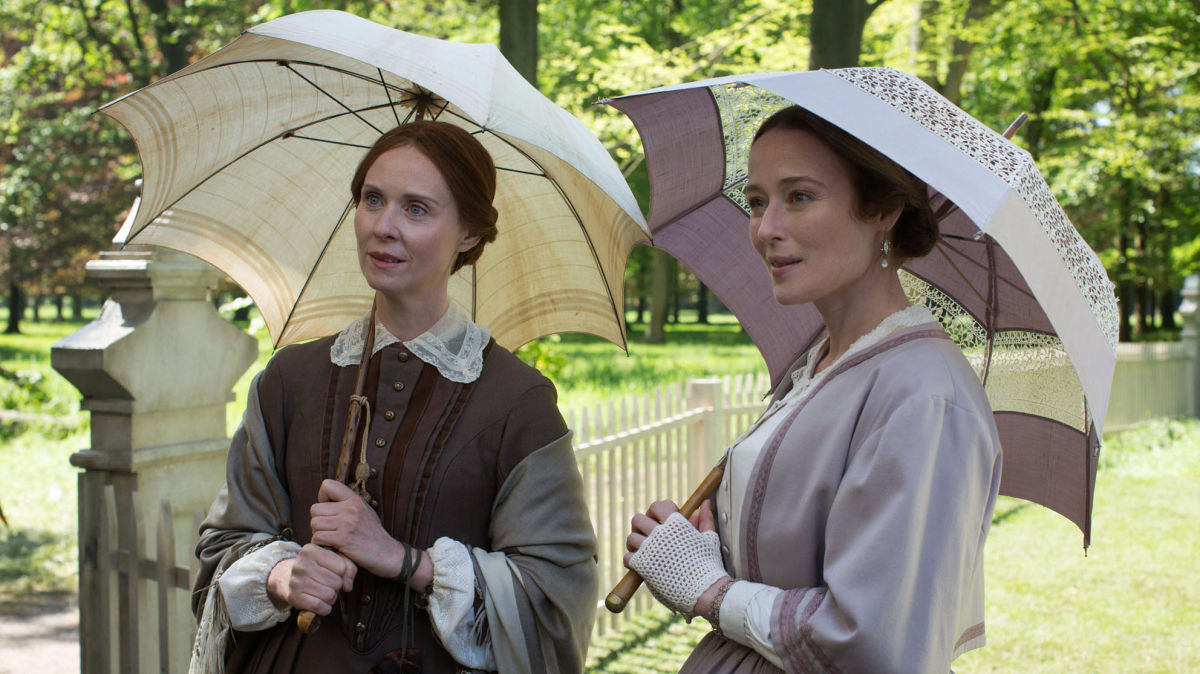
Emily Dickinson is one of the more curious figures of American literature: an apparent recluse, this poet spent the majority of her life living at her family’s home in Amherst, Massachusetts and rarely leaving the grounds.
Although a prolific poet, she was scarcely published during her own lifetime, and when her idiosyncratic verse appeared in journals and newspapers, they were often edited to fit conventional prose. In fact, she was so intensely private that only after her death was the full breadth of her work discovered: nearly 1800 poems, which were published posthumously, garnering her Dickinson the publicity and acclaim her work failed to receive in her own life.
Now over 130 years after her death, A Quiet Passion was released, the first biopic of Dickinson’s life. The world of Dickinson (played by Cynthia Nixon) is finely detailed in this film, from her youth when she withdrew from Mount Holyoke Female Seminary to her adulthood tending to her family and writing her poetry to her painful later life where a succession of deaths in her family left her in a deep depression and she was plagued with epileptic fits, eventually succumbing to Bright’s disease.
A Quiet Passion is as unique a biopic as its subject matter: a still, quiet, and subdued look at the domestic life of the poet who increasingly withdrew from the world as she got older. Feminist readings of the film would parallel it to the socially imposed confinement women were subject to during the 19th century and Dickinson’s outright rejection of marriage or bearing children, as well as her choosing this confinement, to be a defiant act against these impositions.
Masterfully played by Nixon, the curious personage of Emily Dickinson is brought into flesh what her poetry only elliptically hinted at: a quiet but fiercely intelligent woman who lived on her own terms, and if she wasn’t going to have a voice in her society, she could always have her say in her poetry.
8. Guardians of the Galaxy Vol. 2

With the gigantic success of Guardians of the Galaxy Vol. 1, it was inevitable that a sequel would be made–but would it suffer from a sophomore slump? The answer, thankfully, is no: Vol. 2 is every bit as fun as the first movie, this time deepening the character relationships as the story continues between Star-Lord, Gamora, Drax, Rocket Raccoon, and (now baby) Groot.
From the fantastic opening credits sequence to the literally planet-destroying finale, Guardians of the Galaxy Vol. 2 was set up for a potential fall from grace only to succeed in aces.
This time around, we meet Star-Lord’s father, Ego (played with a knowing wink by Kurt Russell), a god-like being who is looking to bring his son into the family business of being a nigh-immortal being. But there’s something rotten about the man, as the Guardians soon discover. Meanwhile, bounty hunter Yondu has problems of his own, and a fragile alliance develops between him and Rocket when his ship is taken over by a mutiny.
Guardians Vol. 2 is very much about fathers and families in general: of Star-Lord’s biological father and his adopted one, and how he figures out that he can’t trust the former while having to accept his relationship with the latter. Gamora and her adopted sister Nebula also attempt a reconciliation in the film, and even Baby Groot fits in with the father-son themes of the film.
It’s also a ripping good action-adventure flick and (fortunately) not a let-down. Audiences seemed to agree, as it’s now the third-highest grossing film of the year so far. Let’s just hope the story can hold up through the third film…
7. John Wick: Chapter 2
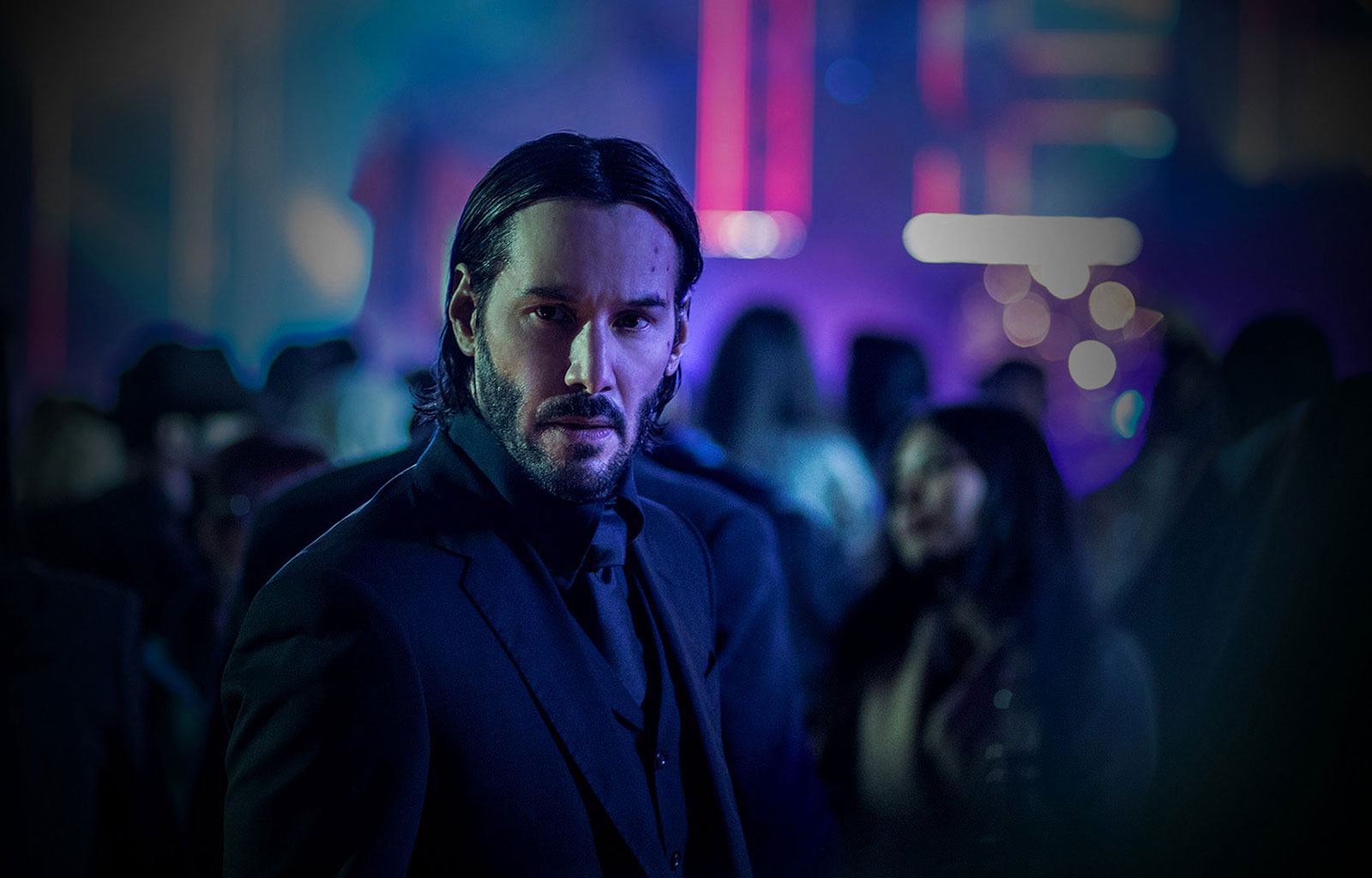
Seemingly out of nowhere, John Wick became the best action film of 2014. Keanu Reeves as the titular character returned to mainstream acclaim in the role, while the rest of the film was seemingly one long, justified badass beatdown from beginning to end as Wick kicks, punches, and shoots his way through his grief and anger.
Unlike the first film, Chapter 2 is not a rip-roaring rampage of revenge but the inevitable consequences Wick has to face for working in the criminal underground: he is called upon to repay a debt–which leads to incredible action sequences in which perfect killing machine Wick is apt to perform. In fact, it may actually be an even better movie than the original.
While it has been released from the pathos that initially sparked Wick’s rampage in the first film, this may be a good thing for both the franchise and character in general: this time, Wick is only spurred on by his own survival and is bound to the rules of a secret underground society of which he was once an active member.
This puts the focus not on Wick’s emotional state but his external position in this world, and it’s because of his own debts this time that he has to once again fight his way through dozens upon dozens of assassins, goons, and criminals.
And audiences–who this time were not caught unaware of the character or the mode of the fim–responded positively to this second entry, making John Wick Chapter 2 an even bigger success than he first, grossing $165 million on its $40 million budget.
With all of the action and more that made the first film such a resounding success and minus the sad backstory that fuelled Wick’s actions in the first film, John Wick Chapter 2 leans on the protagonist’s backstory and fleshes out the world he was once a part of and to which he’s dragged back in once again.
6. David Lynch: The Art Life
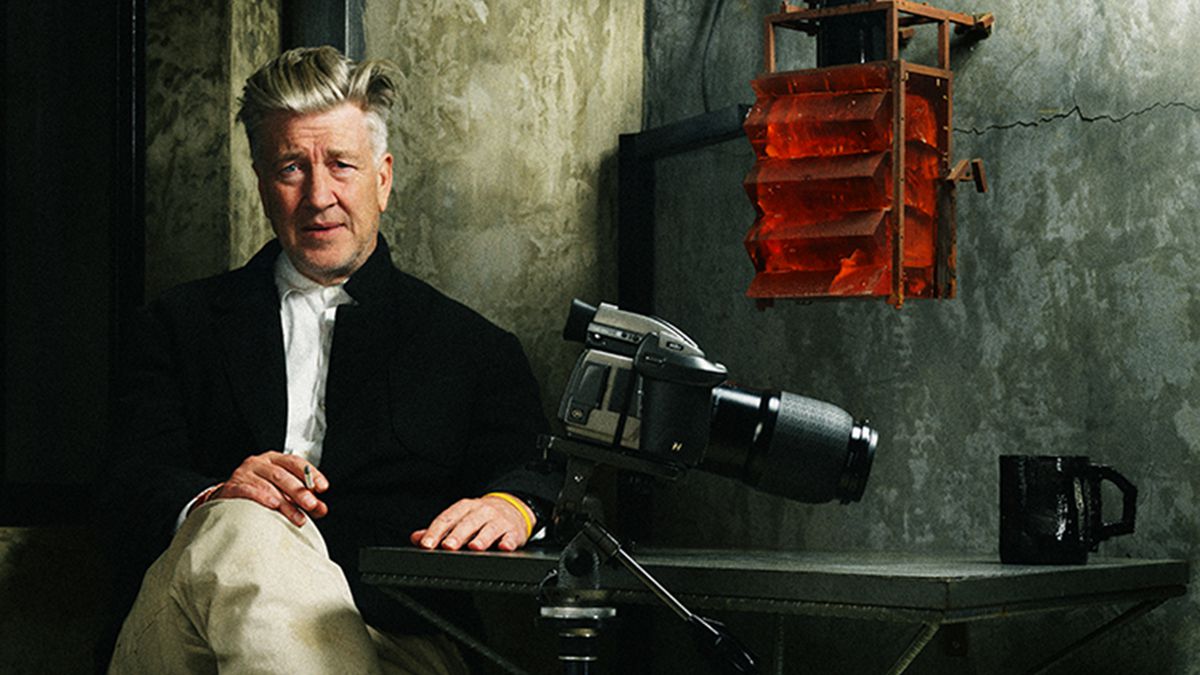
David Lynch has never been the most forthcoming director: although he’s given interviews and has provided vague outlines of his biography, this groundbreaking auteur comes across just as mysterious as his films.
Meanwhile, film fans have become fascinated with the director due to the nearly indescribably strange material and visual style of his work. Just who is this man who created the horrific netherworld off Twin Peaks, detailed the creeping danger just beneath the suburban idyll of Blue Velvet, and built the strange, dreamlike structure of Mulholland Drive?
David Lynch: The Art Life sets out to provide some answers to his enthusiastic fan base, or at least shed some light on the director’s early life. Covering from his childhood in Montana and Idaho, his move to Philadelphia to pursue a career as a painted, and the start of production of his first feature Eraserhead, this documentary is a close-up look at the enigmatic artist’s life.
Even more surprising, it’s from the mouth of the man himself: Lynch sat down and recorded 20 separate interviews that comprise the narrative, giving an unprecedented personal look at his own life (with many scenes taking place in his home studio) and his story of the artist as a young man.